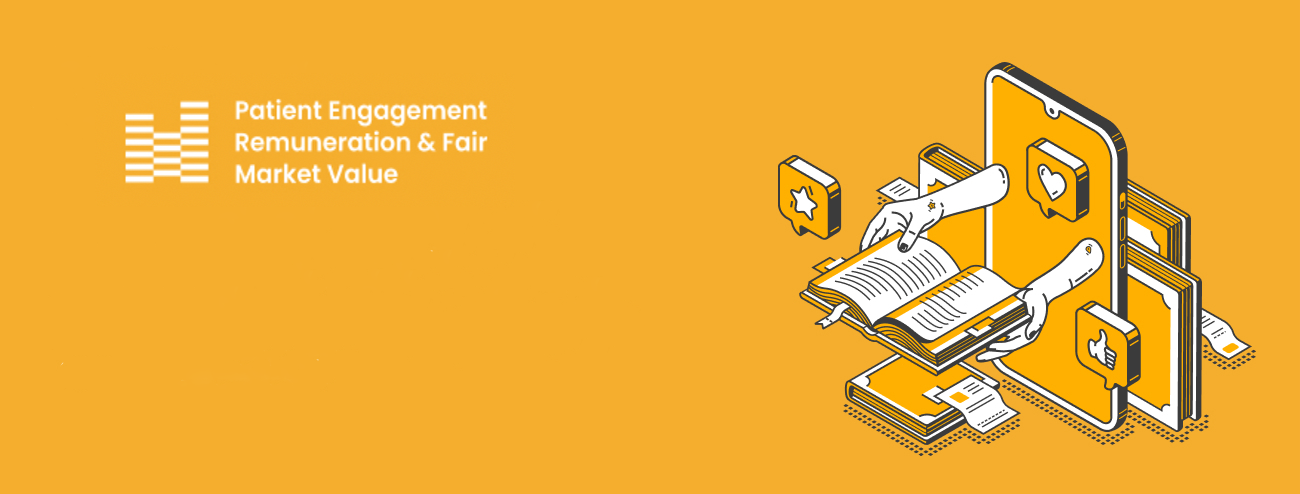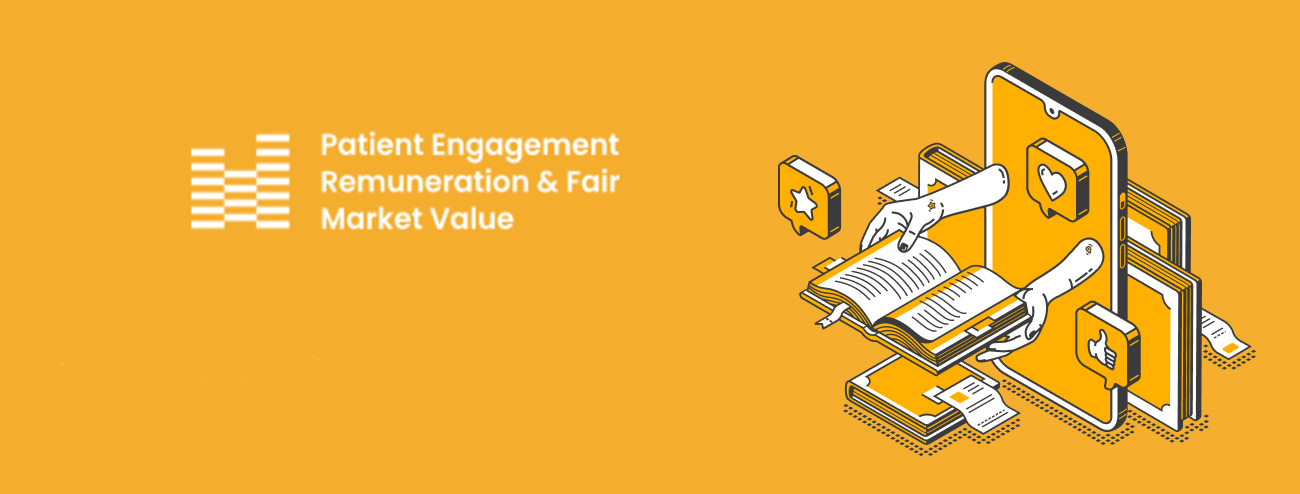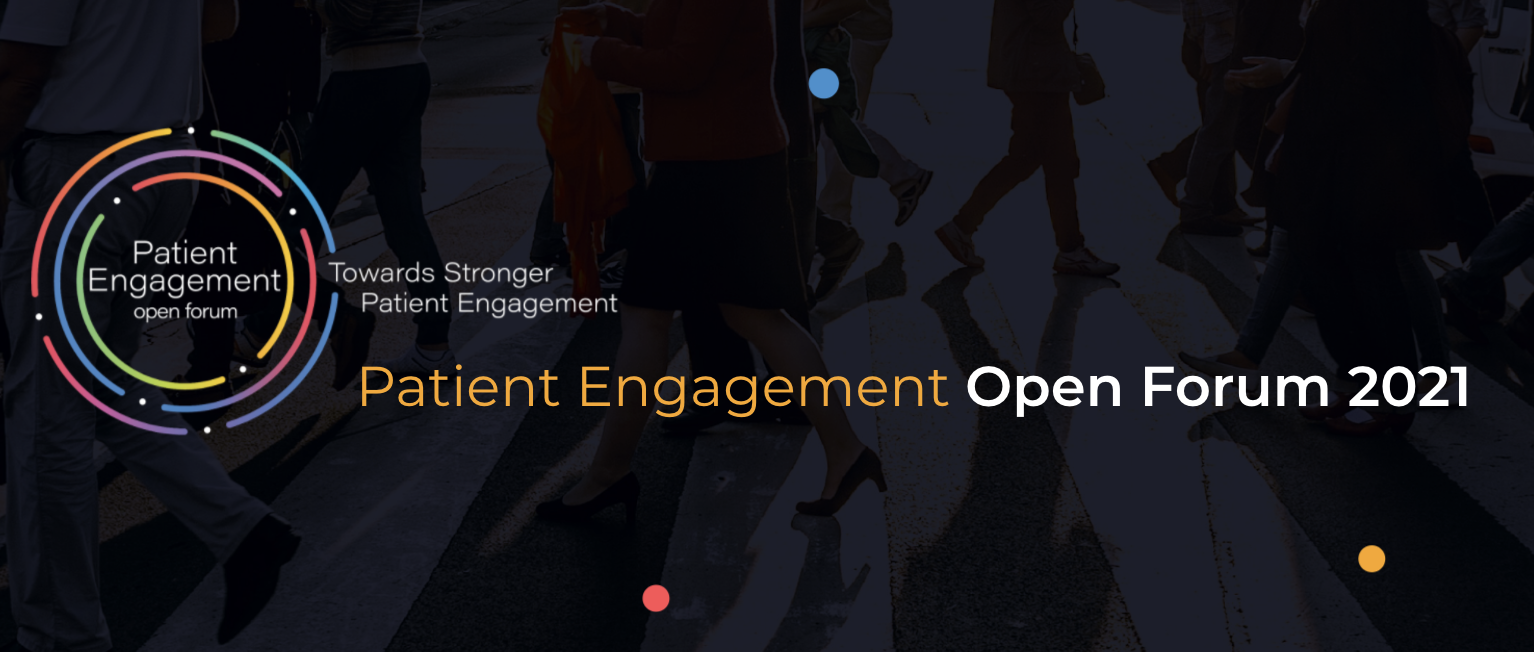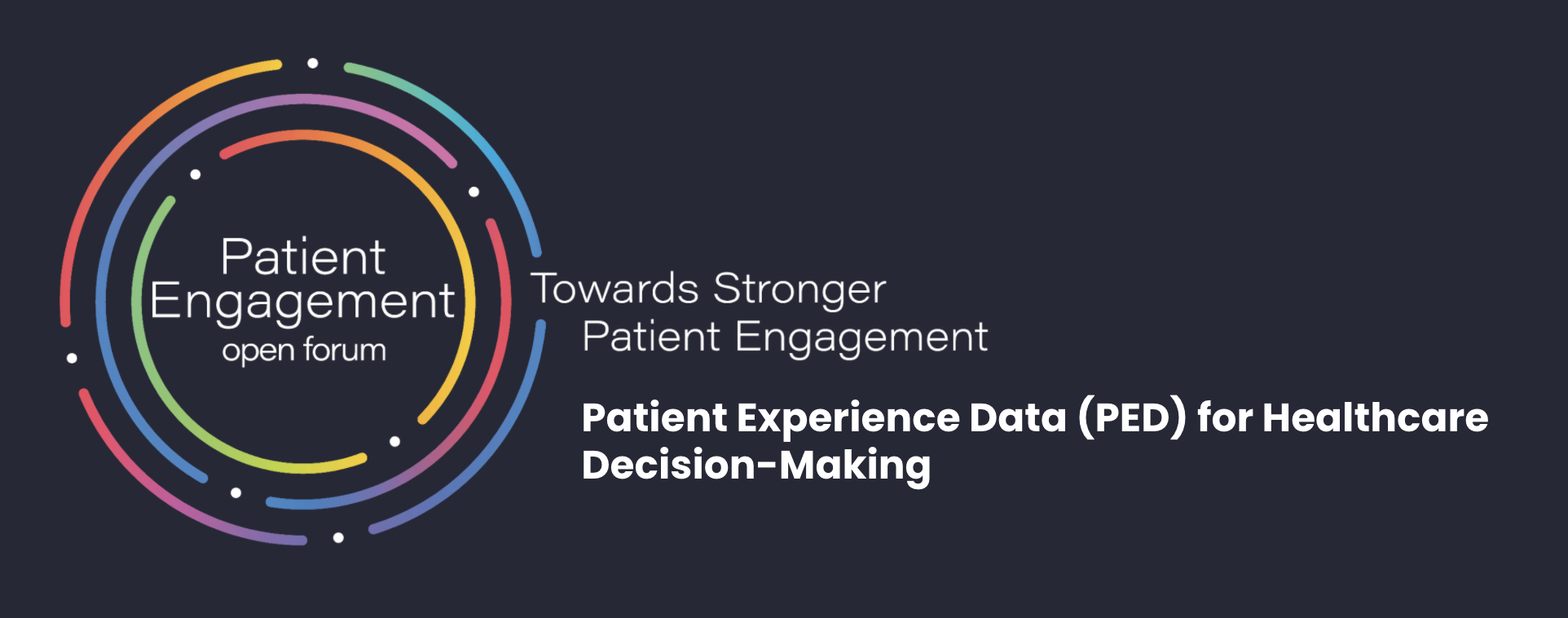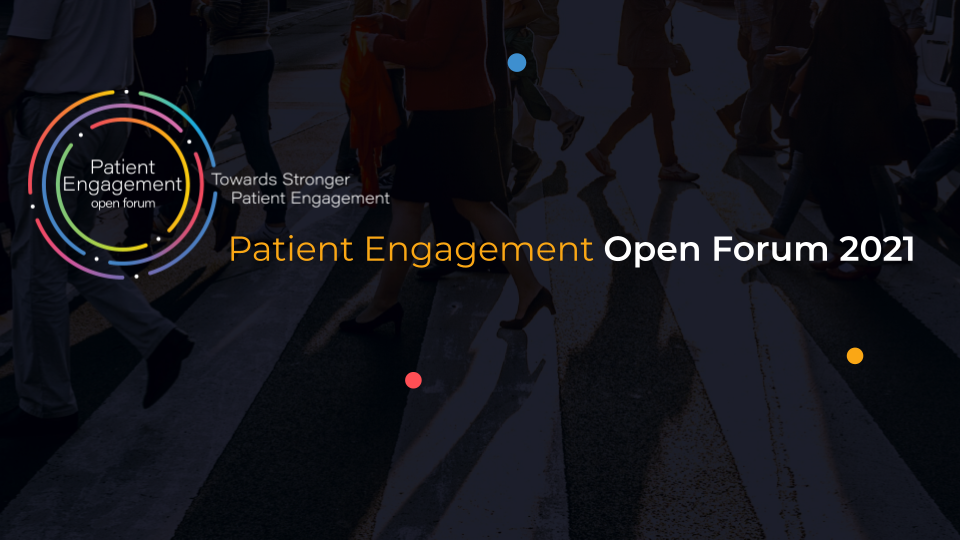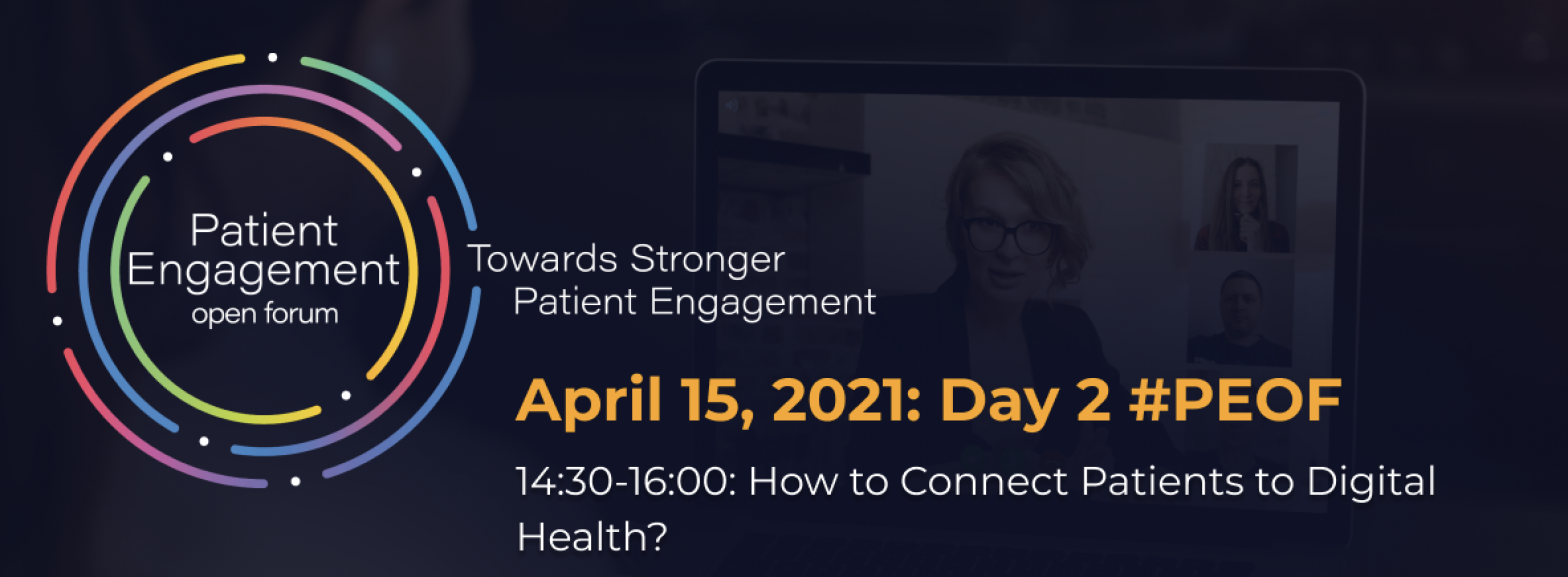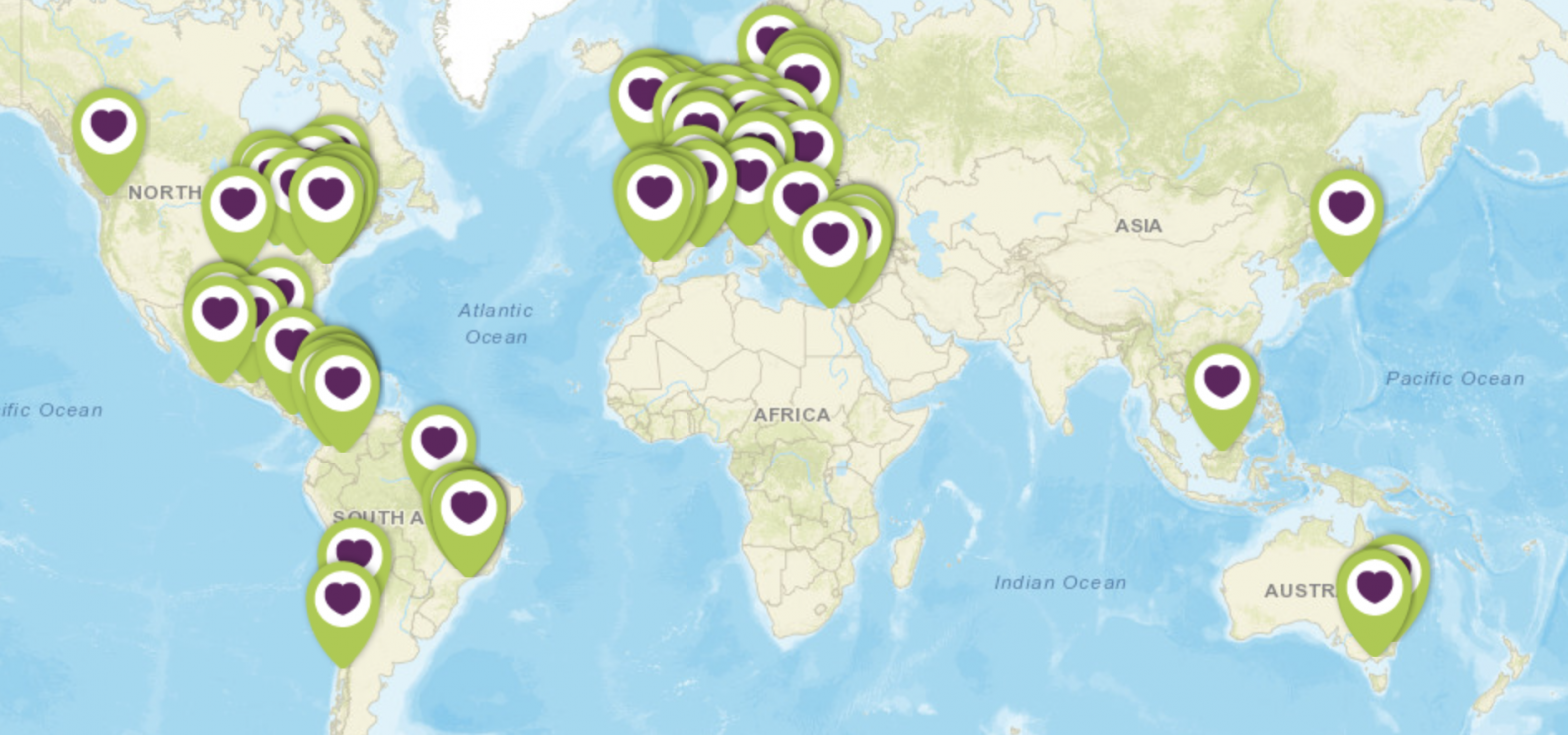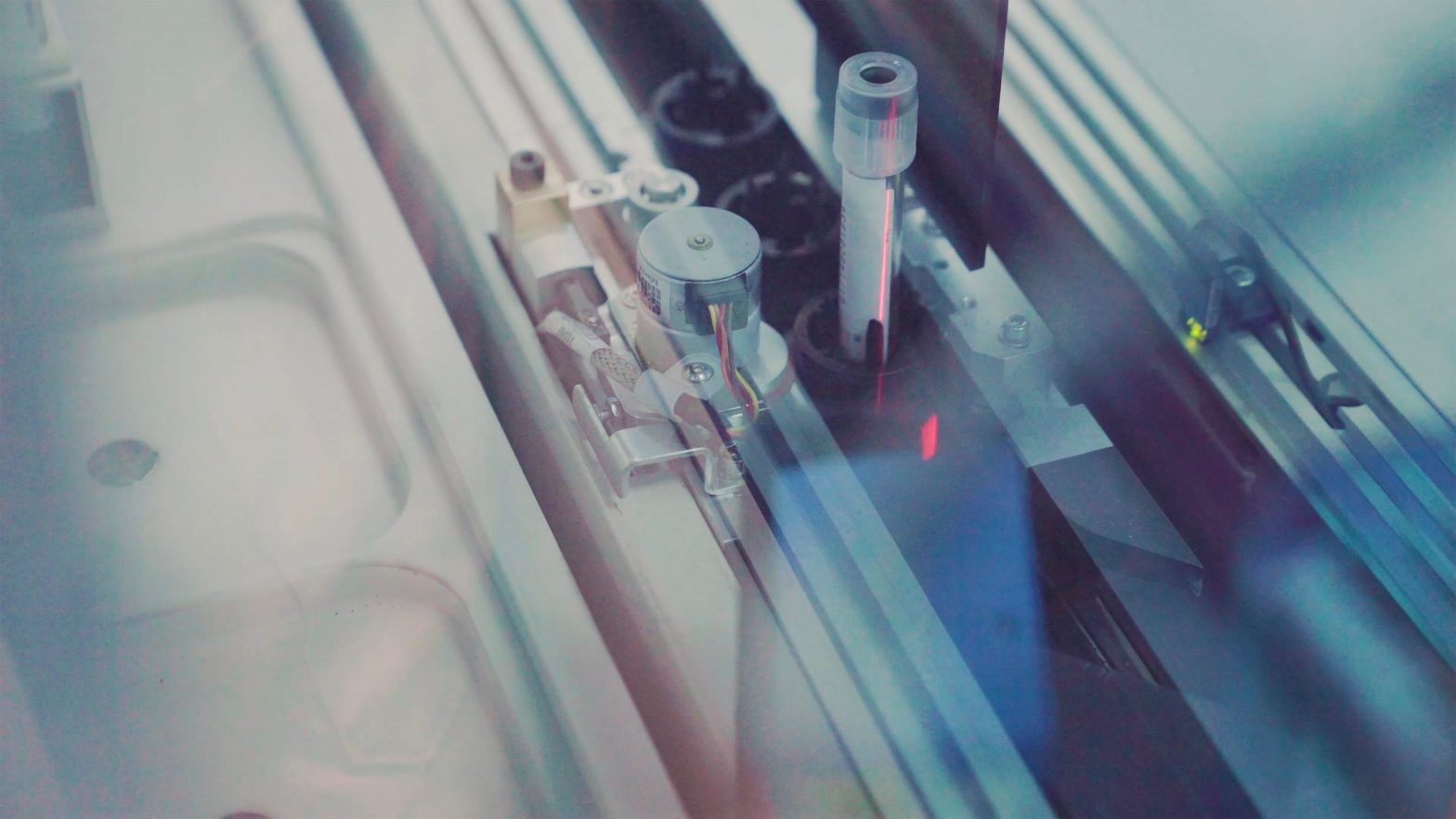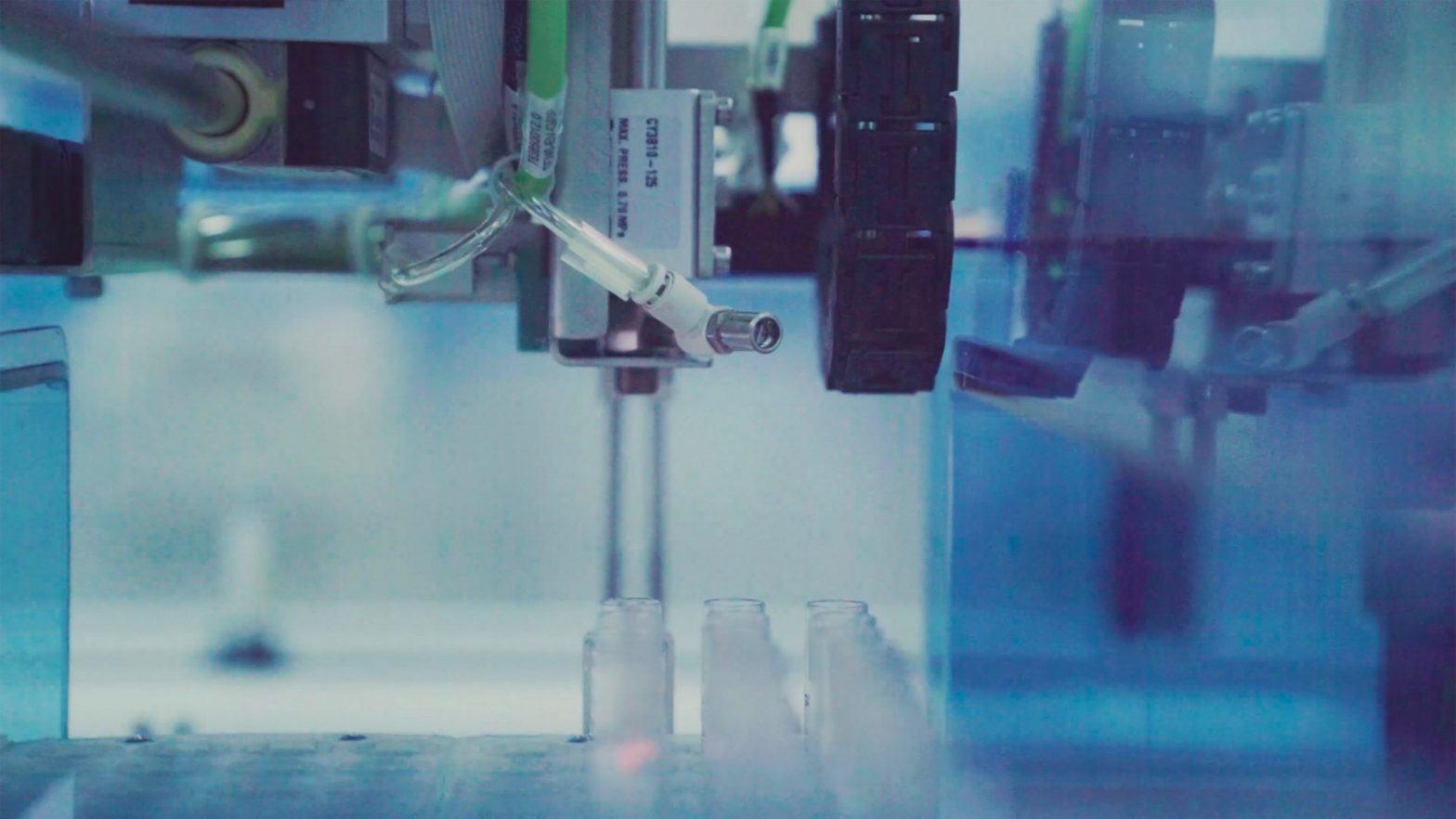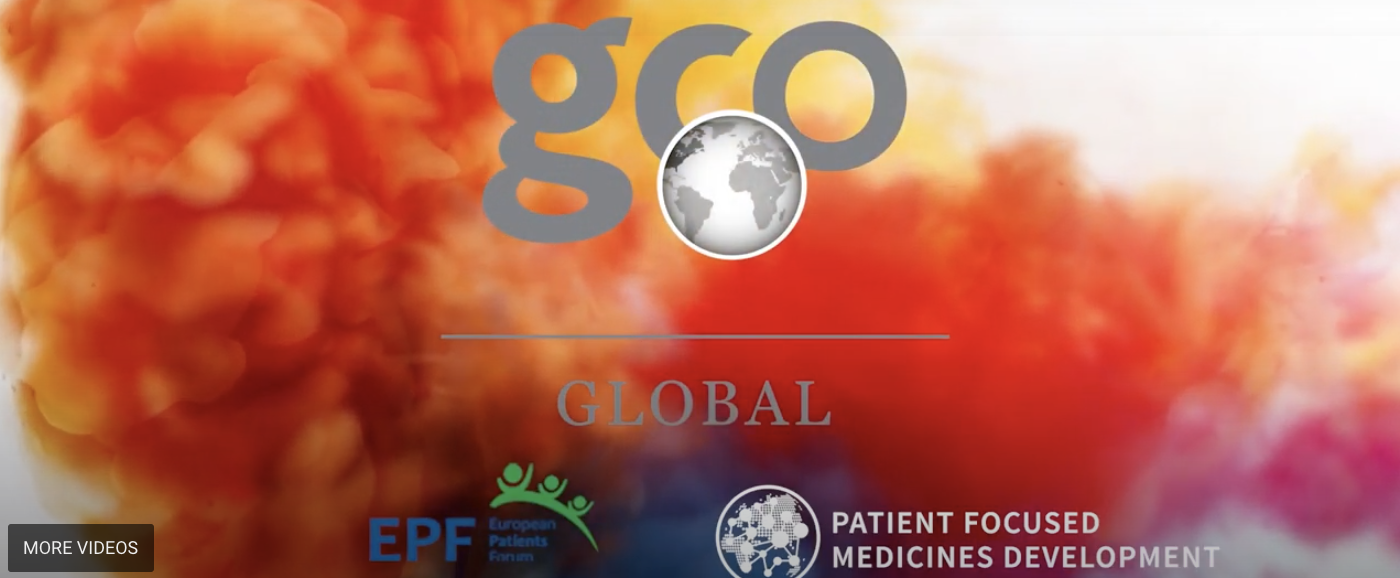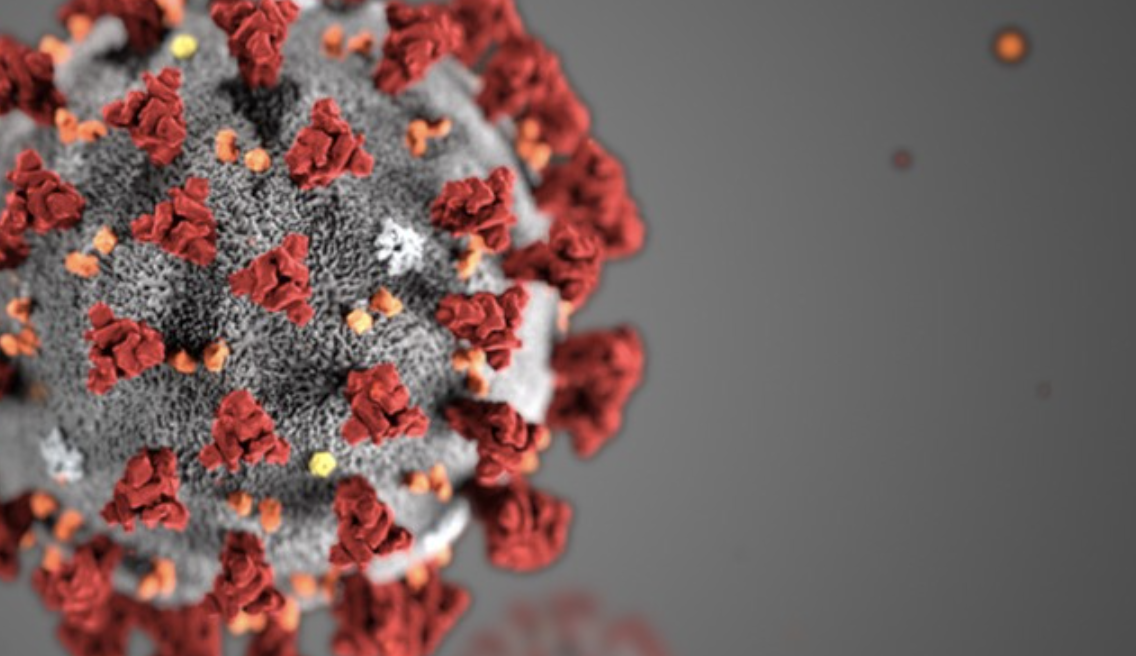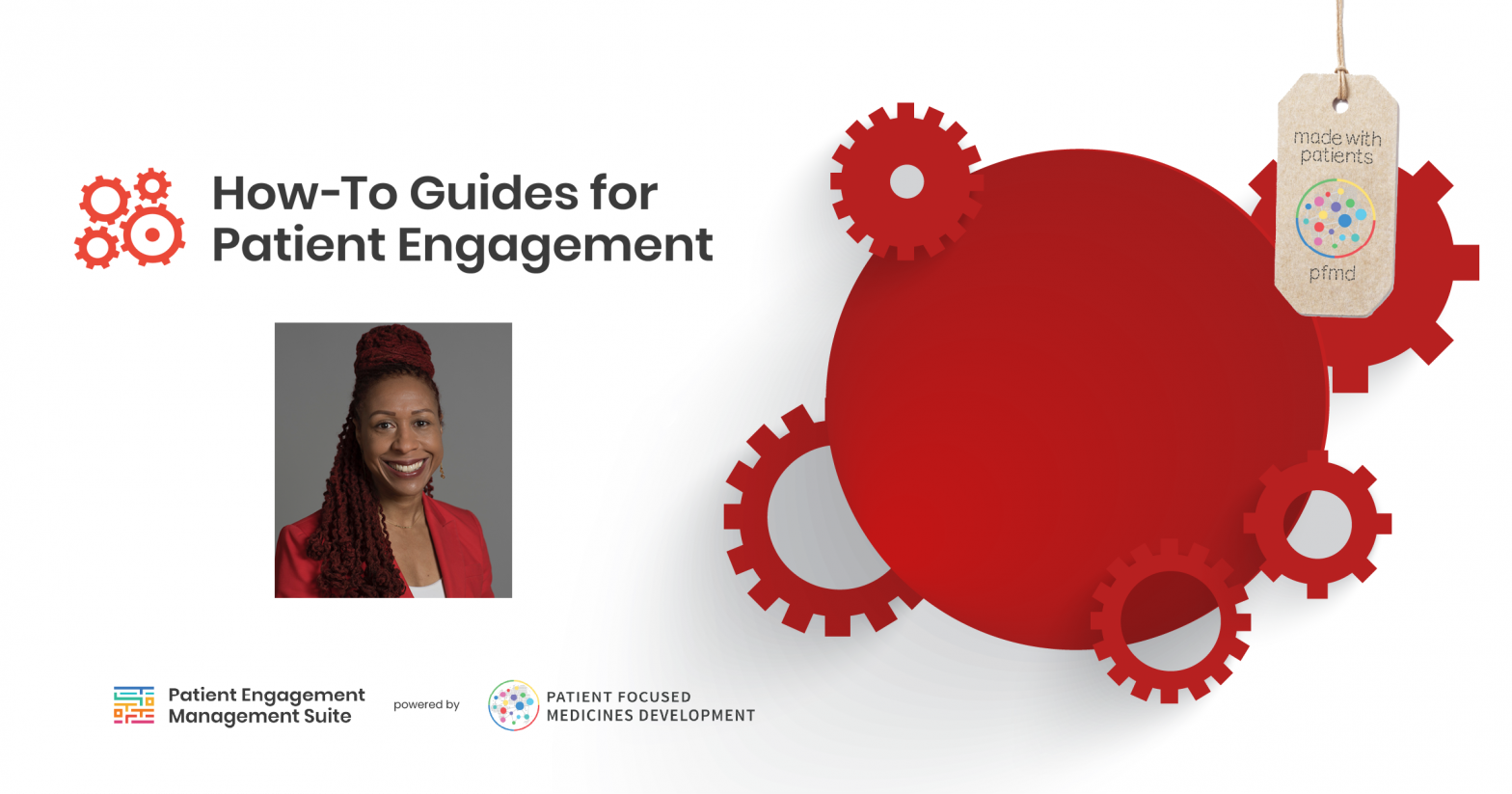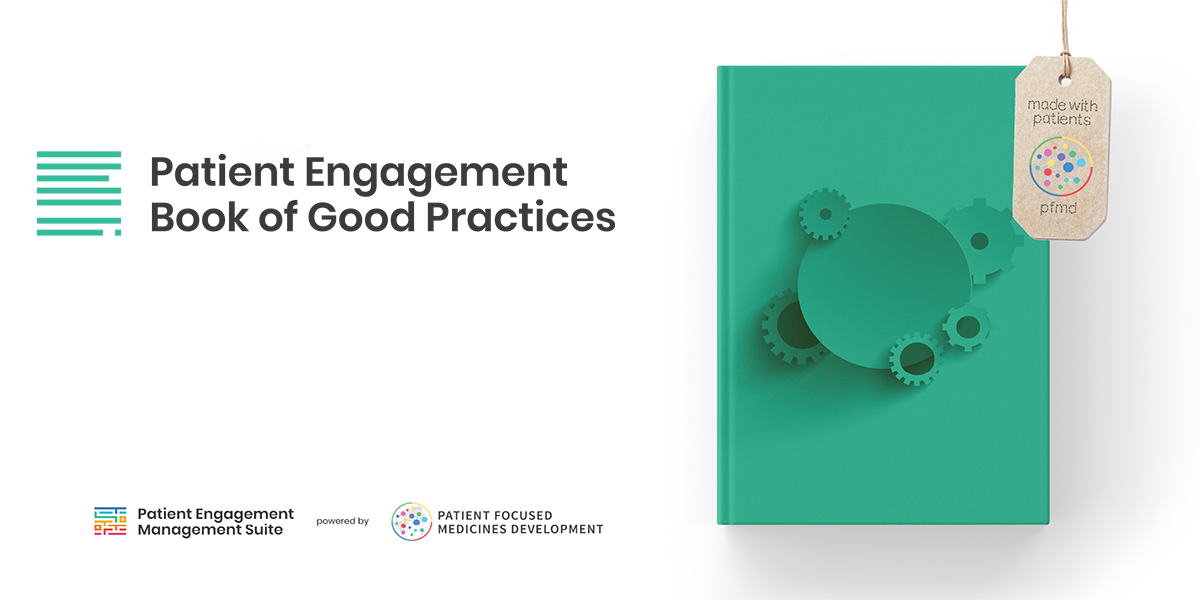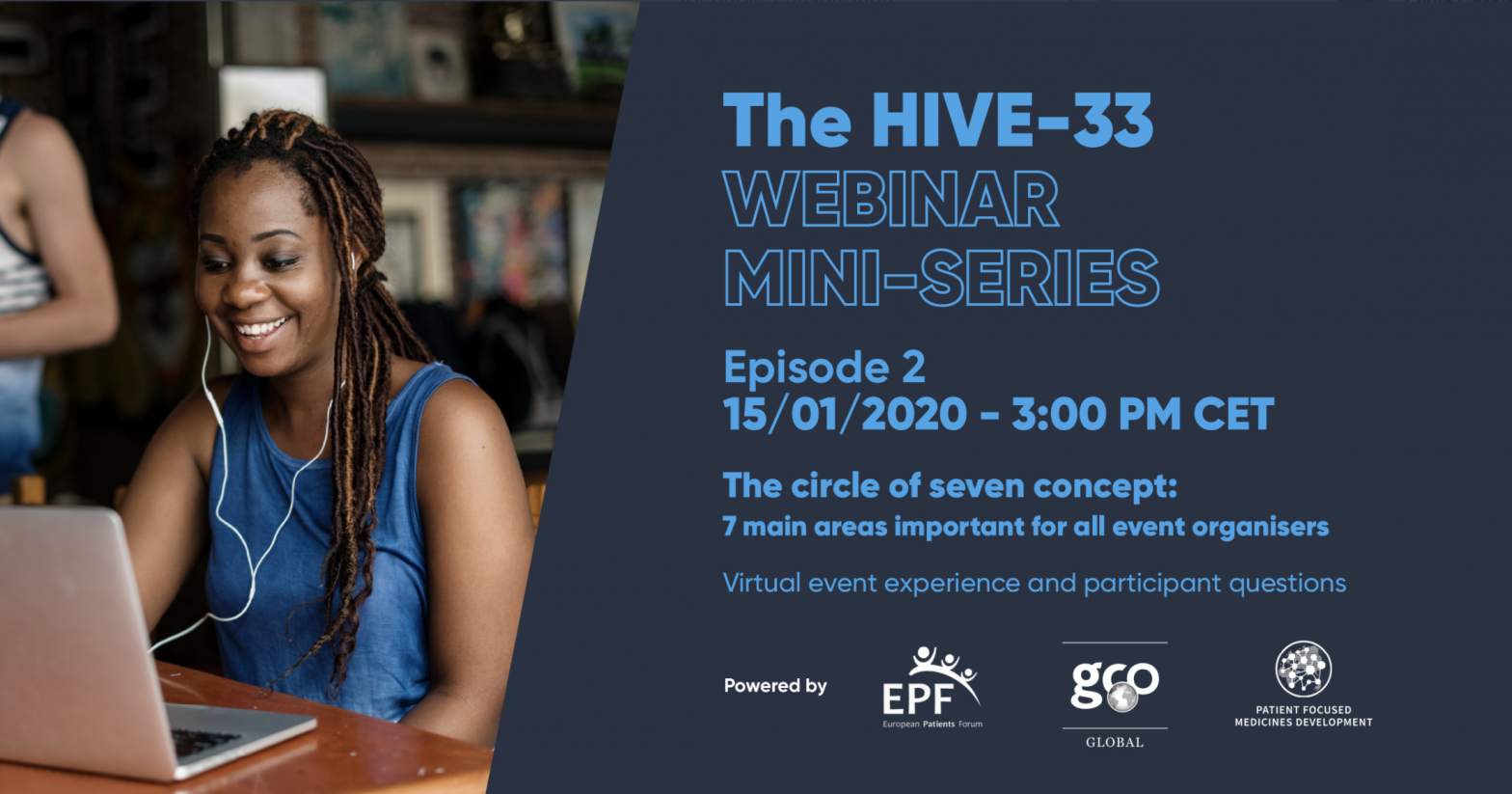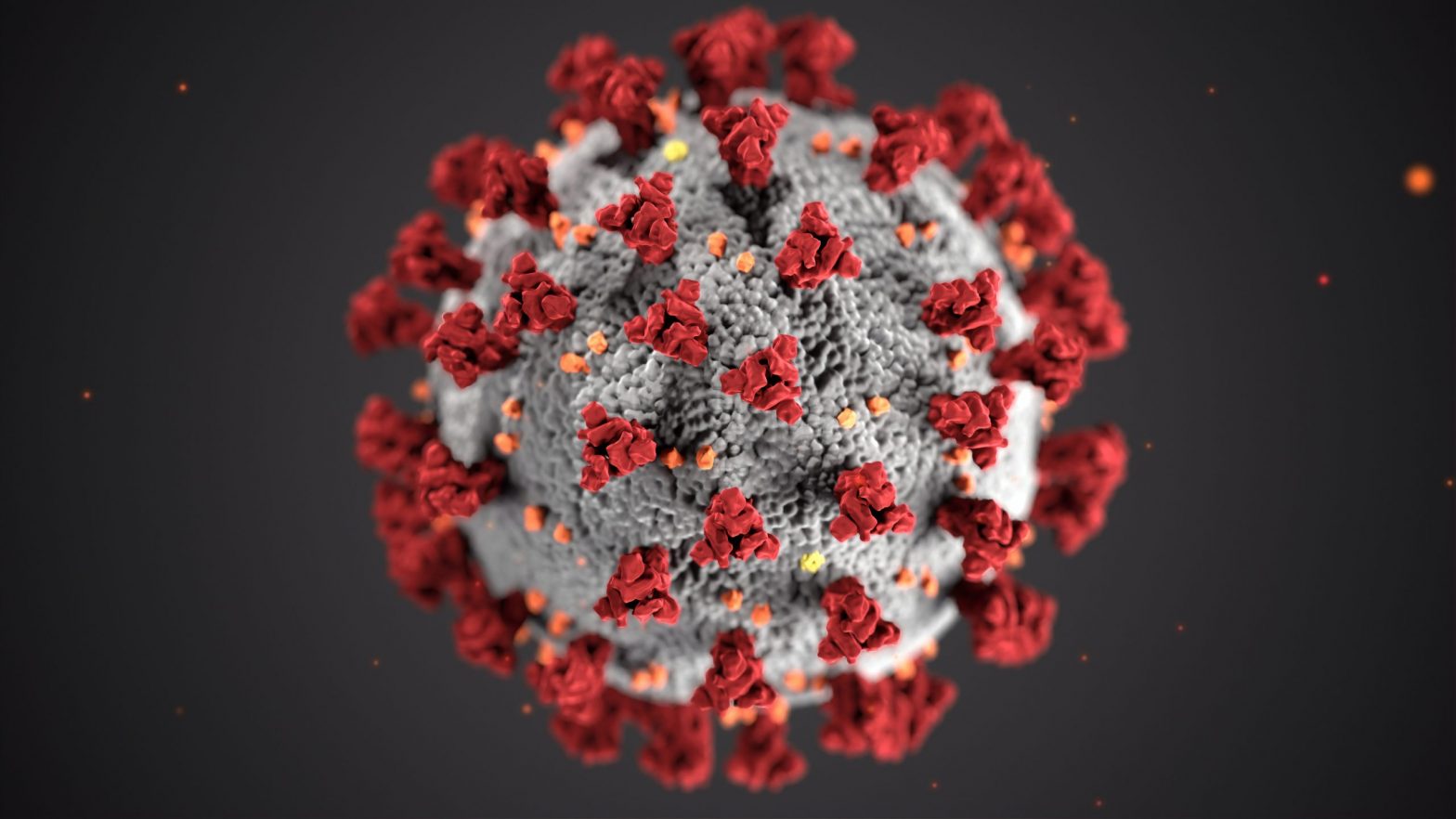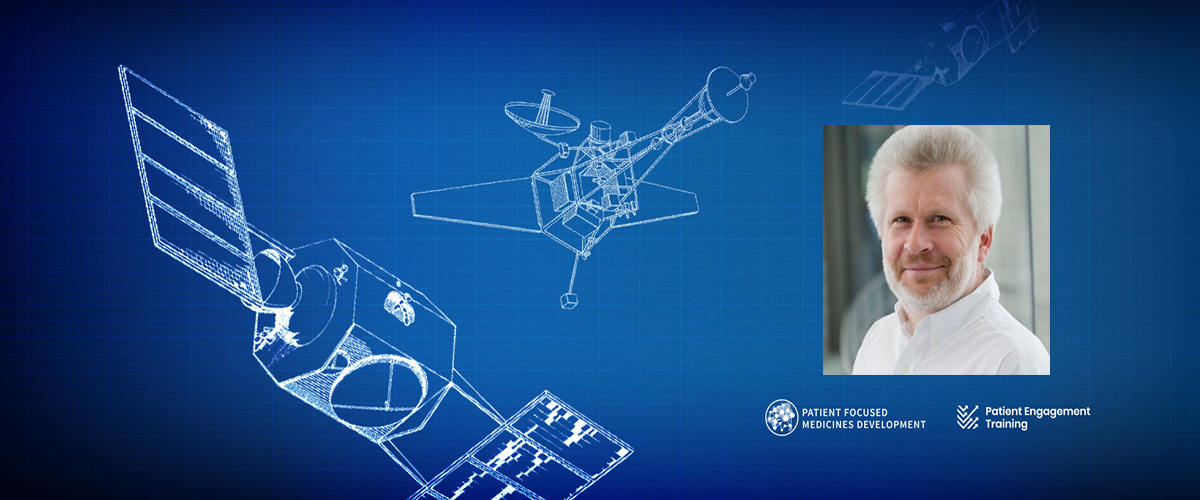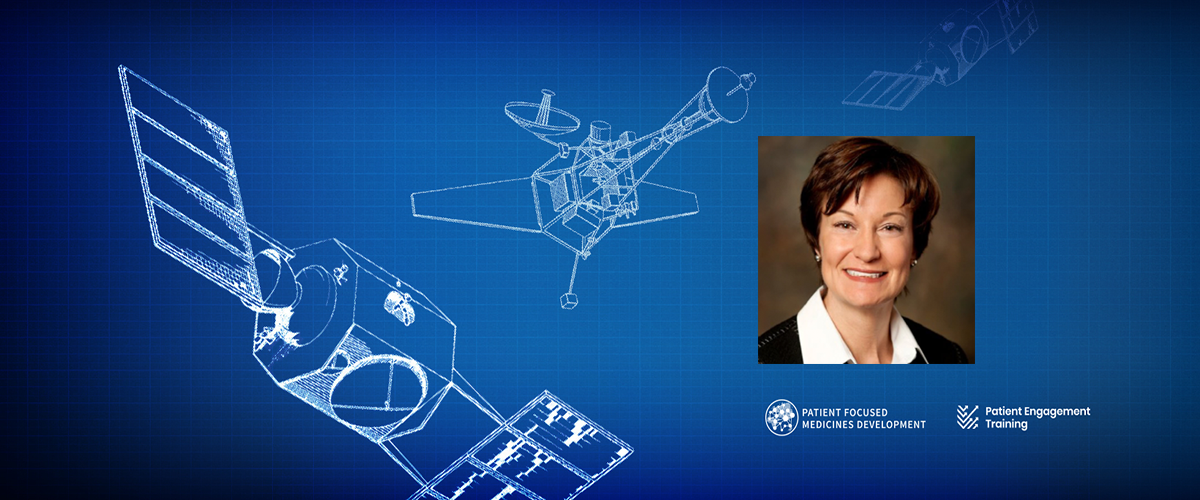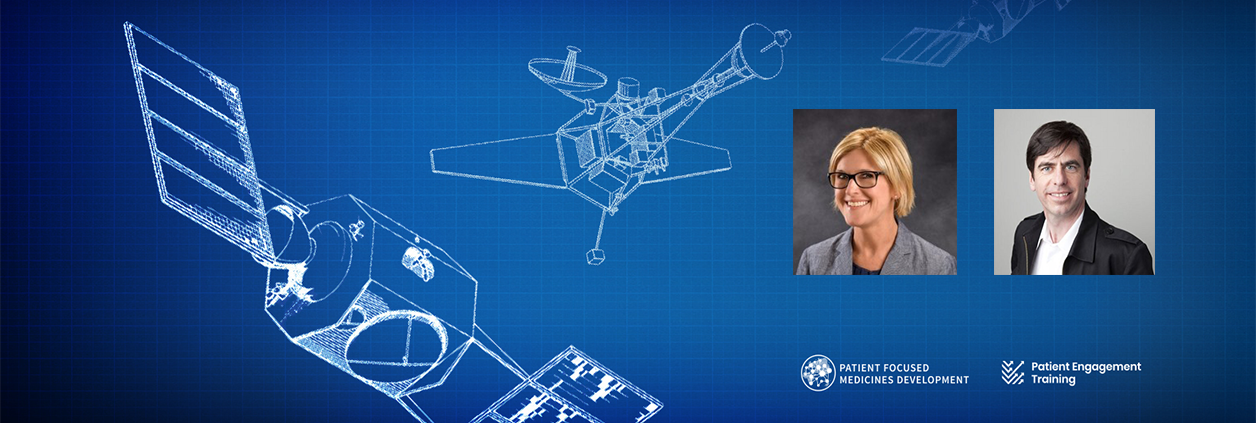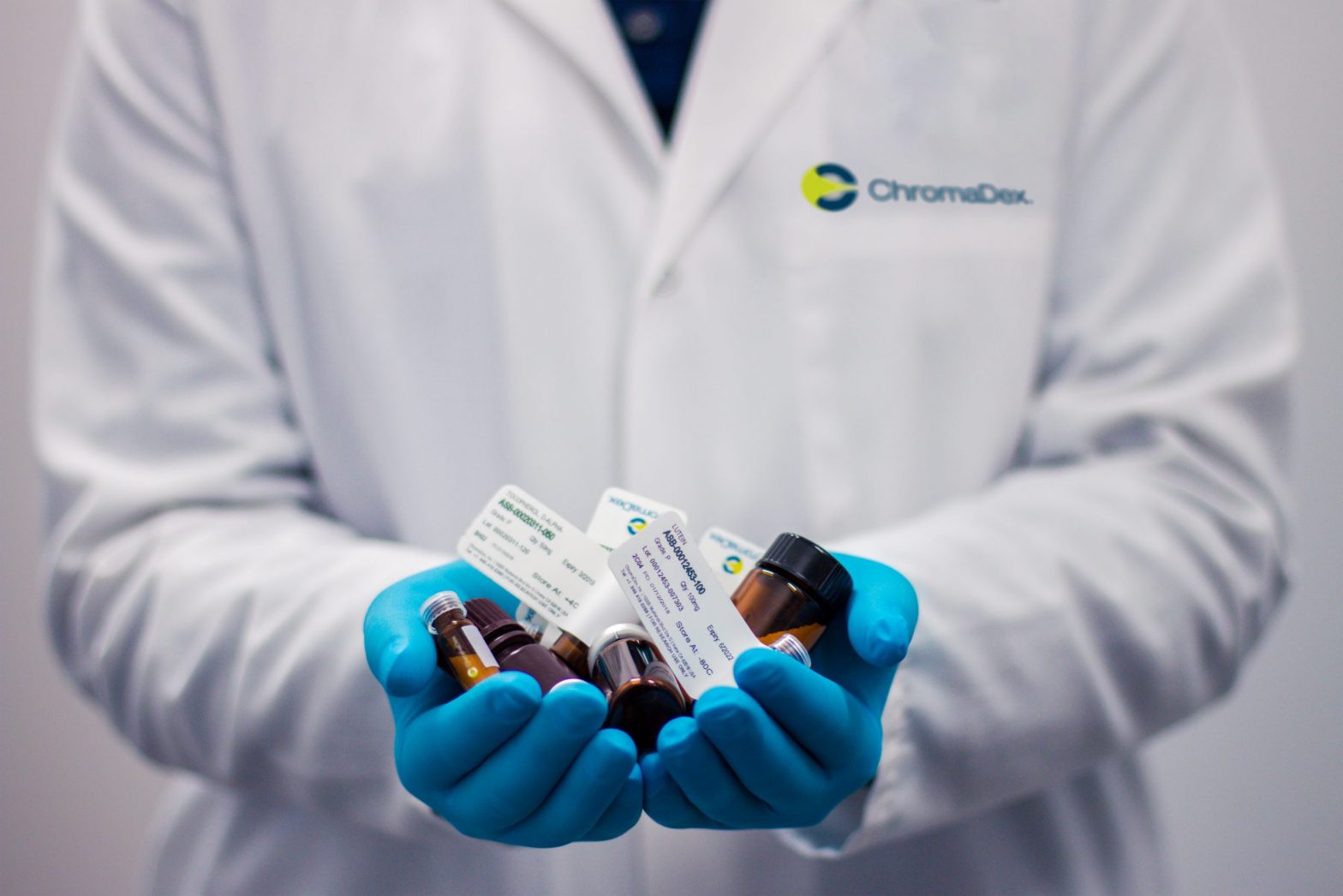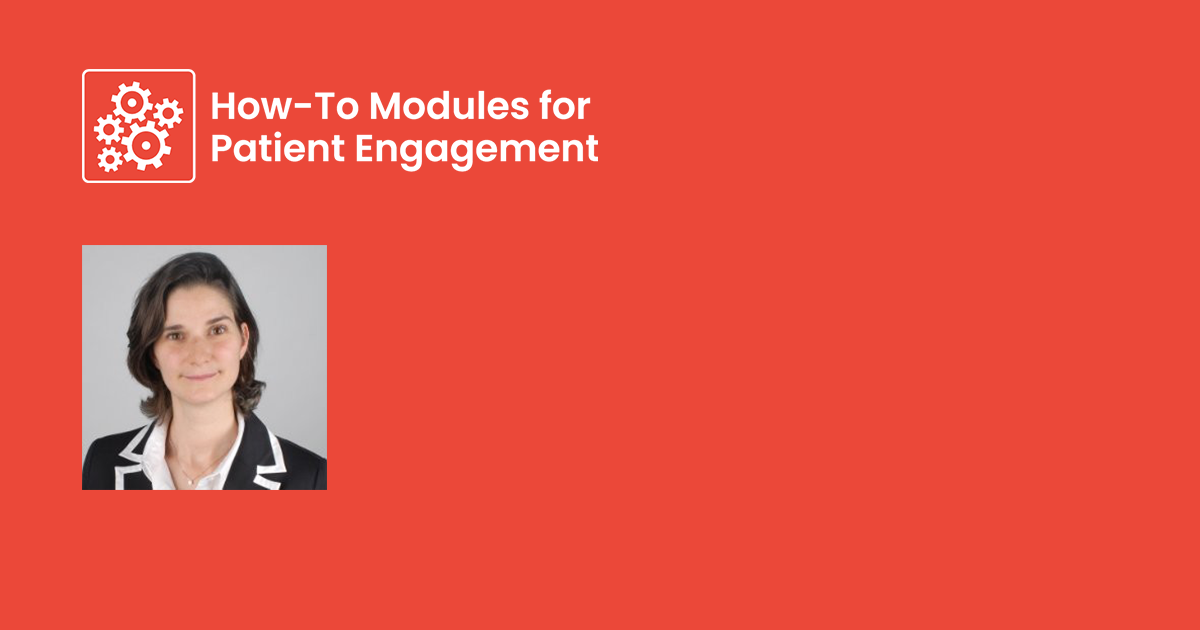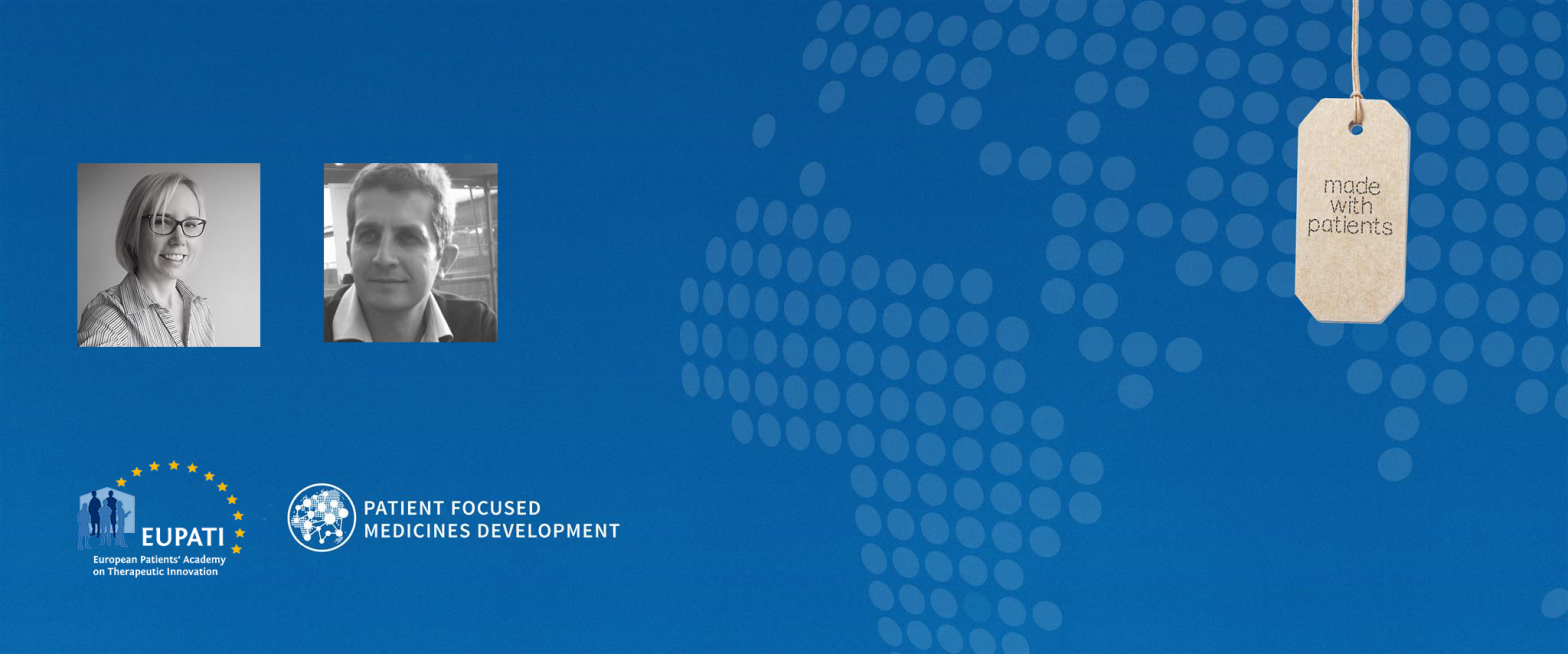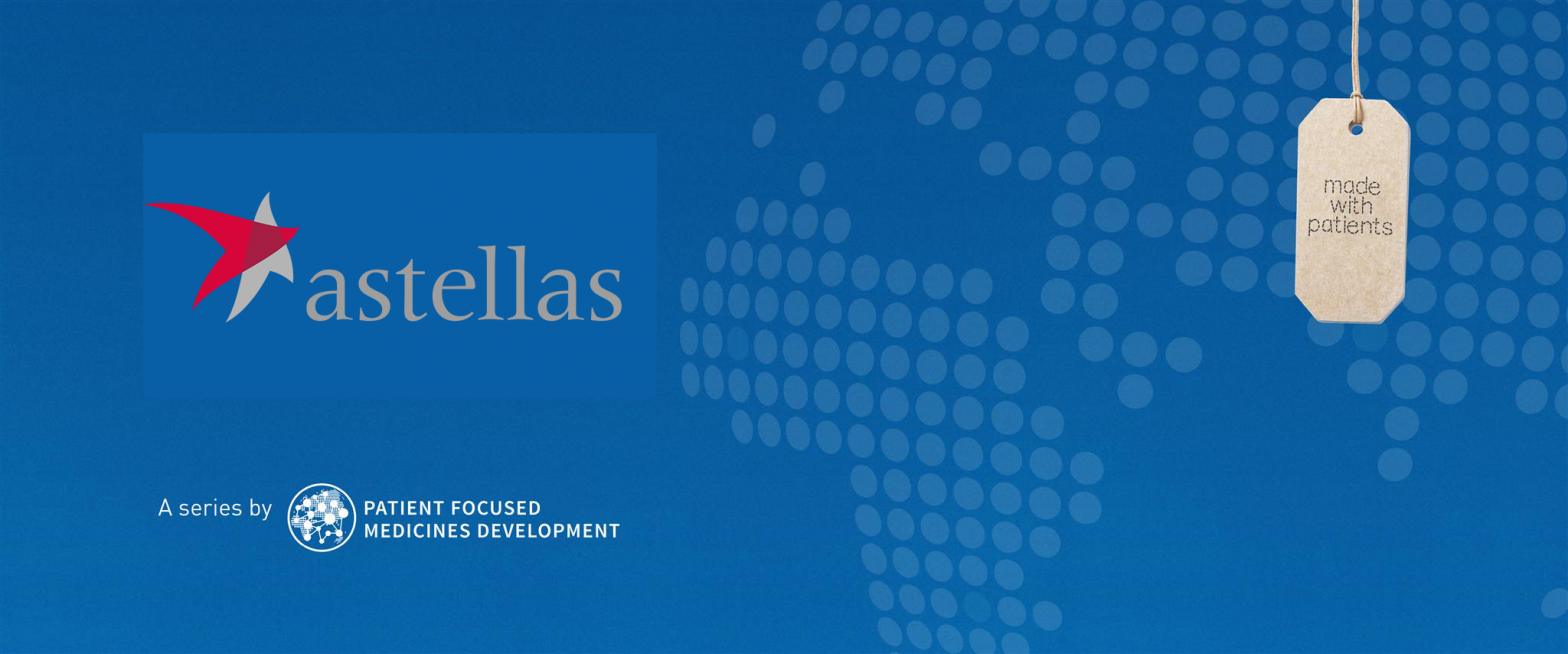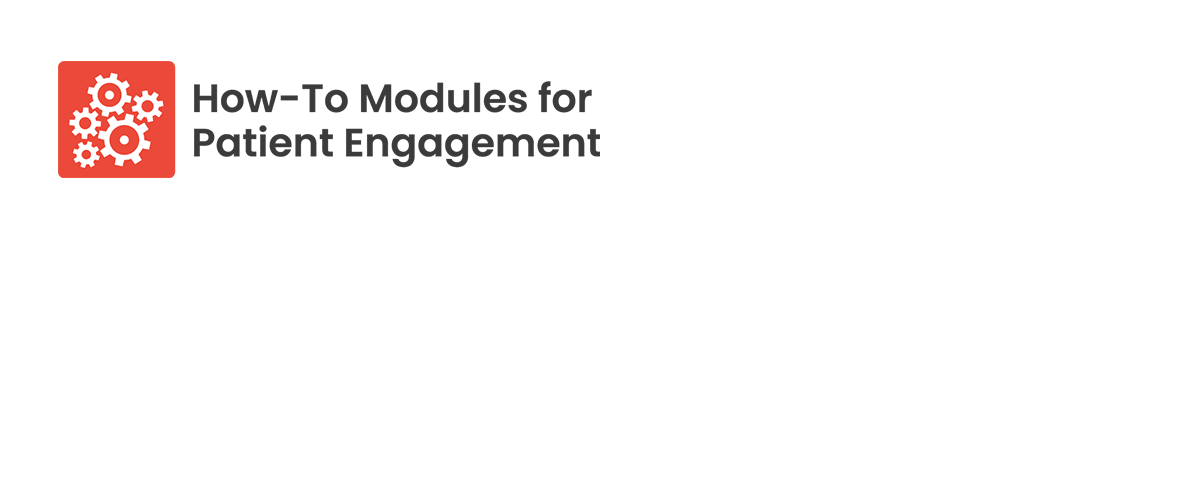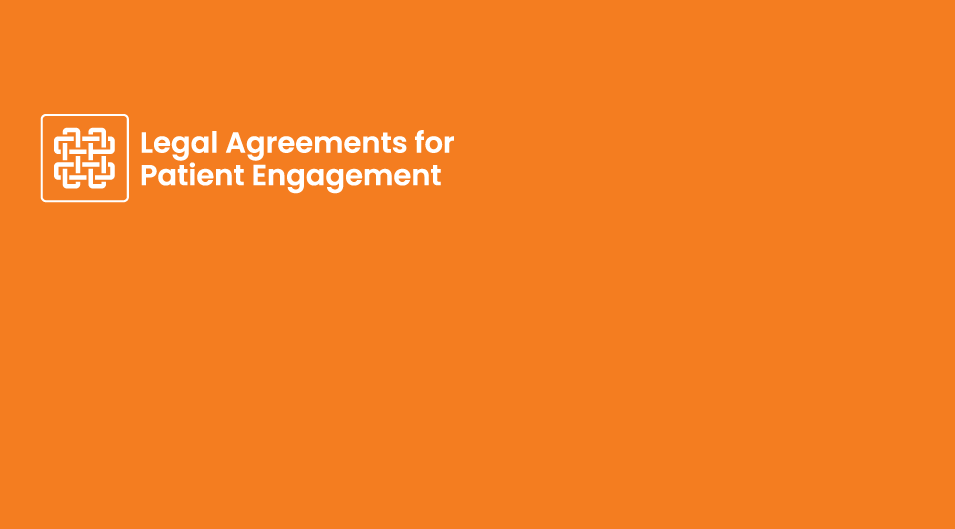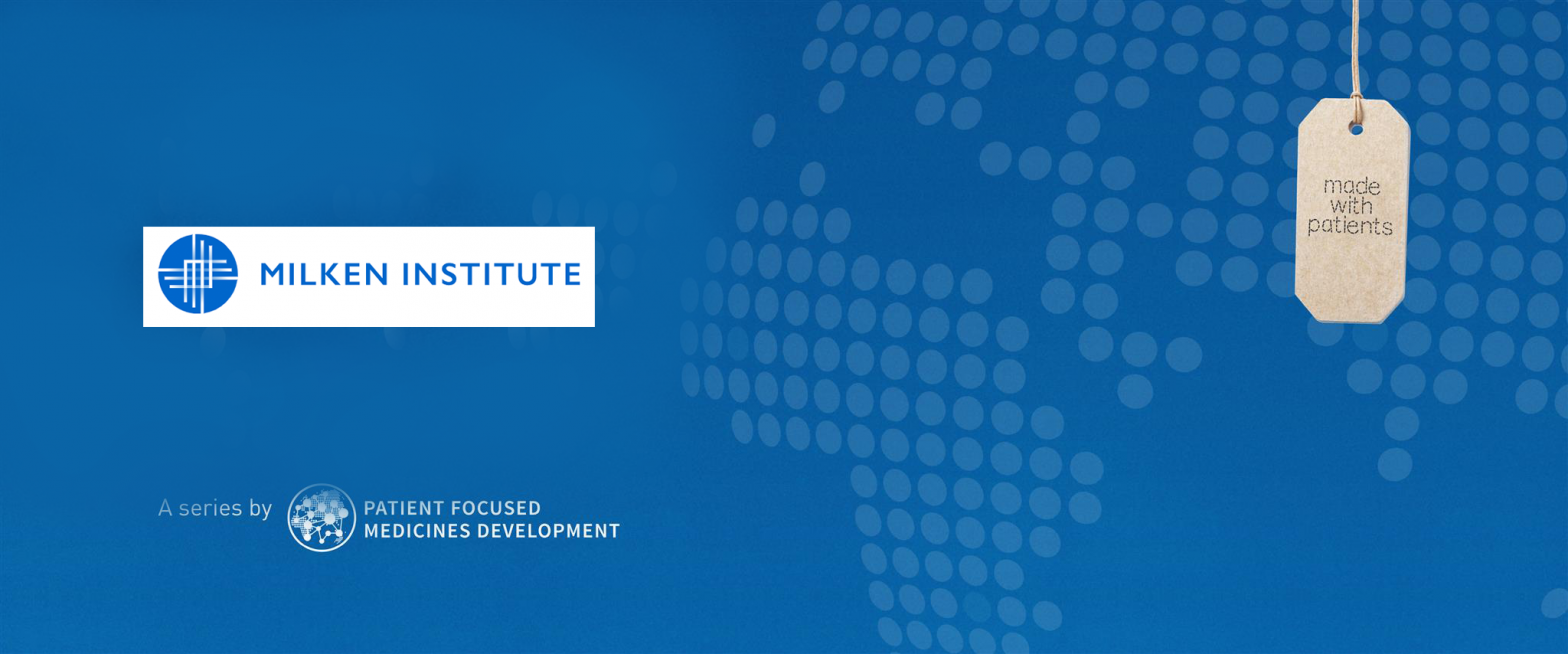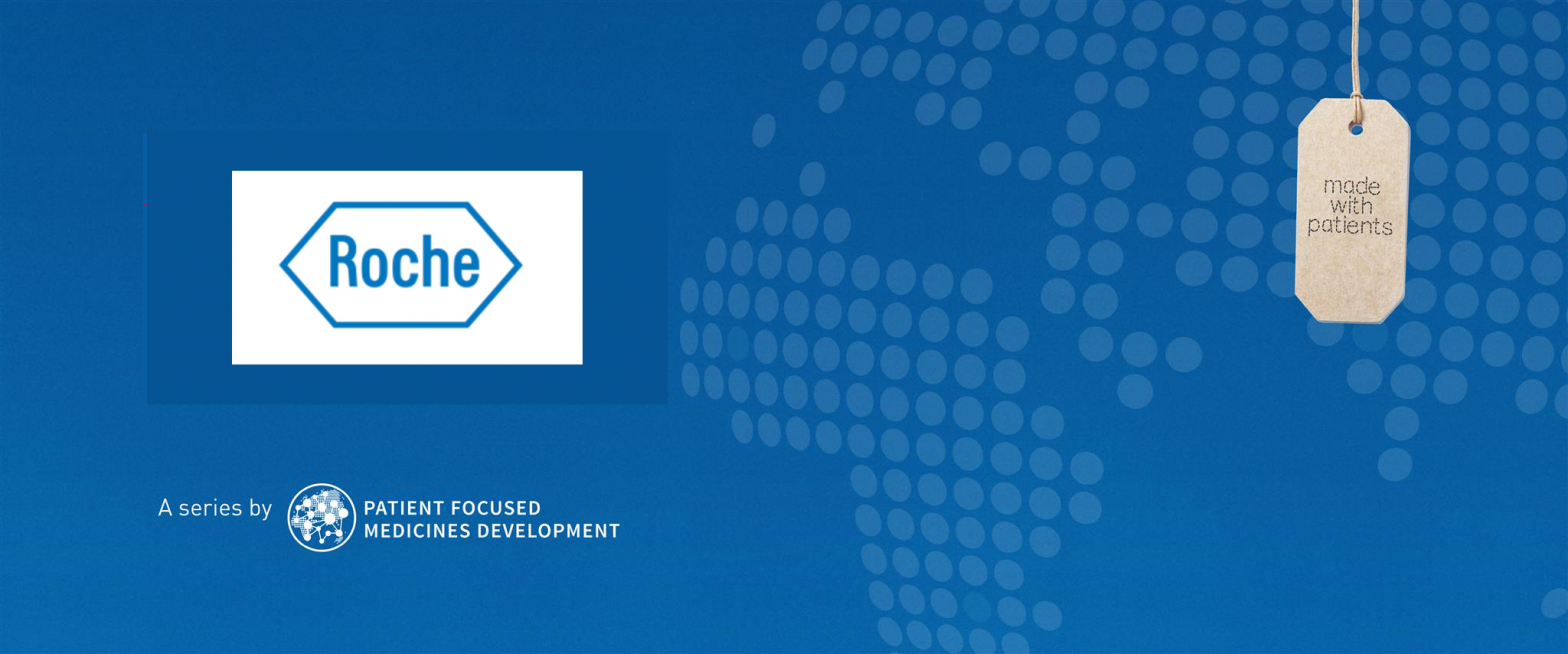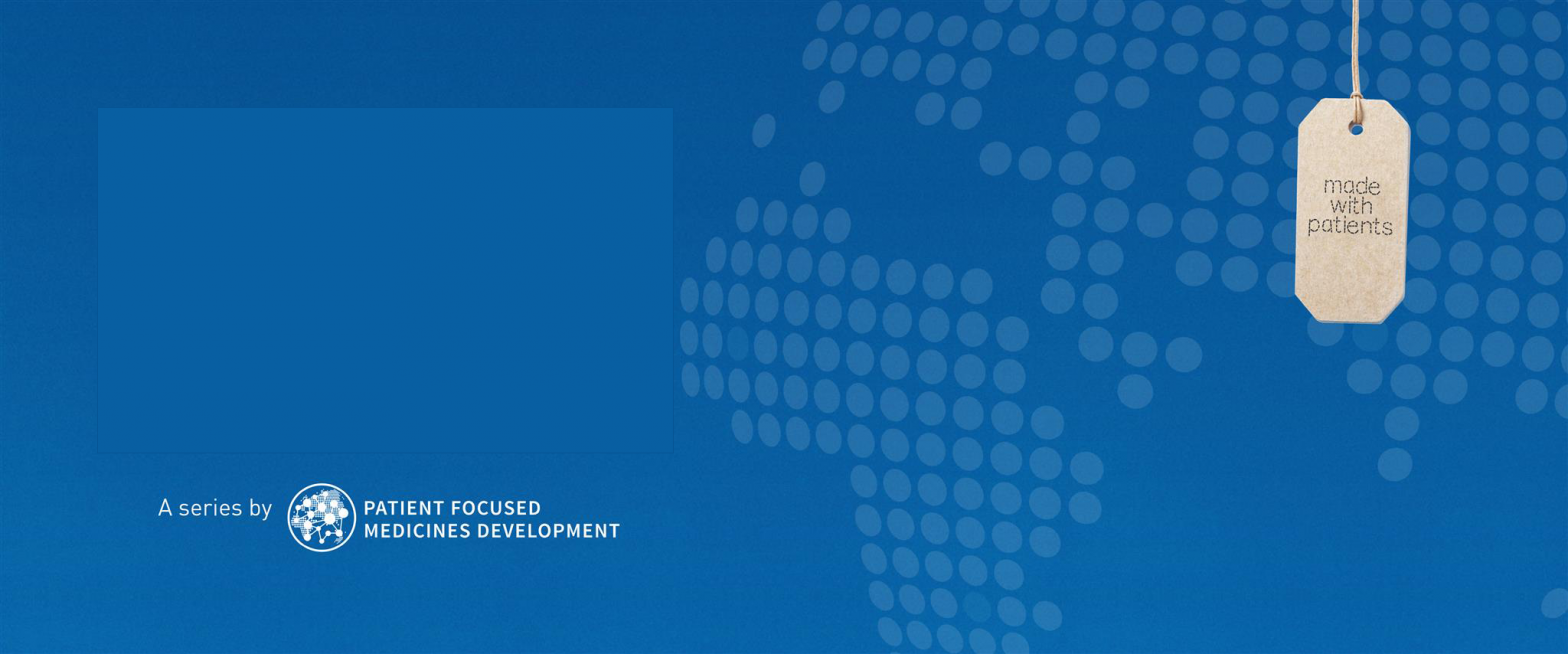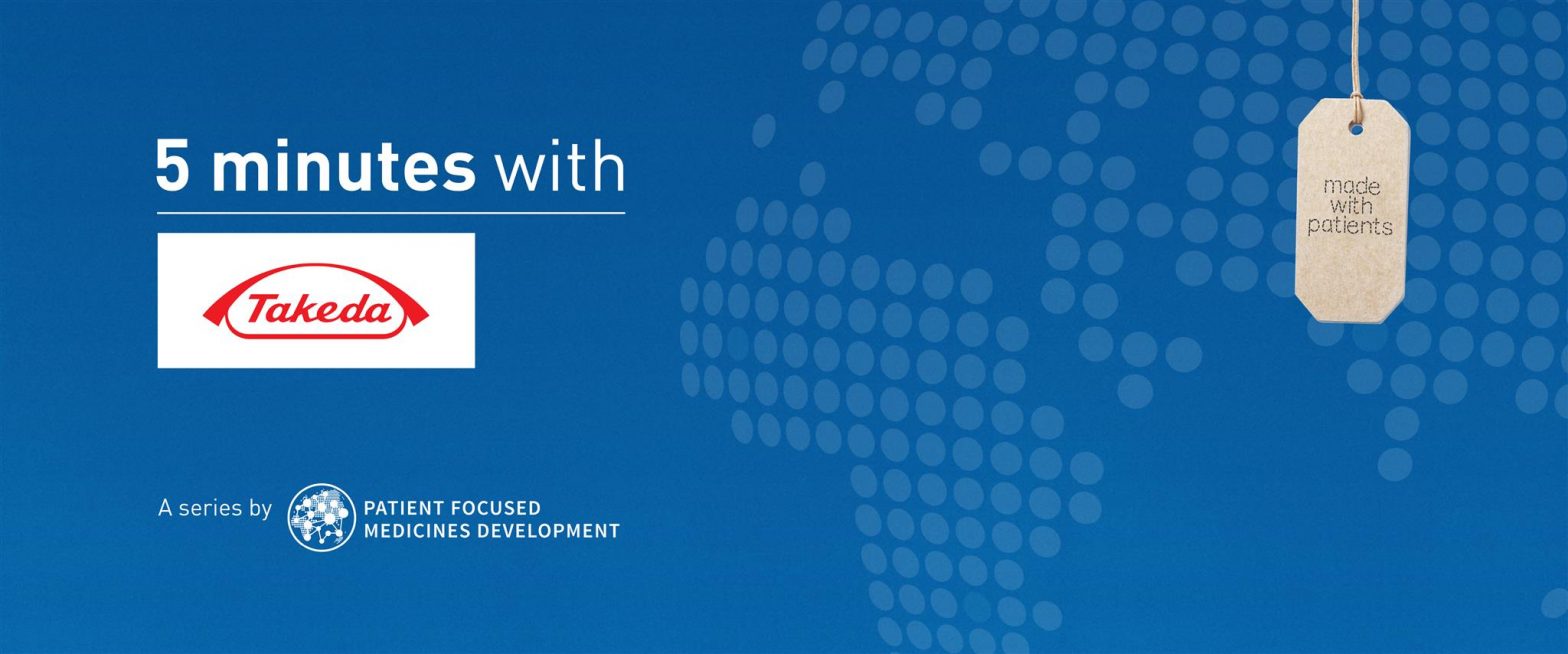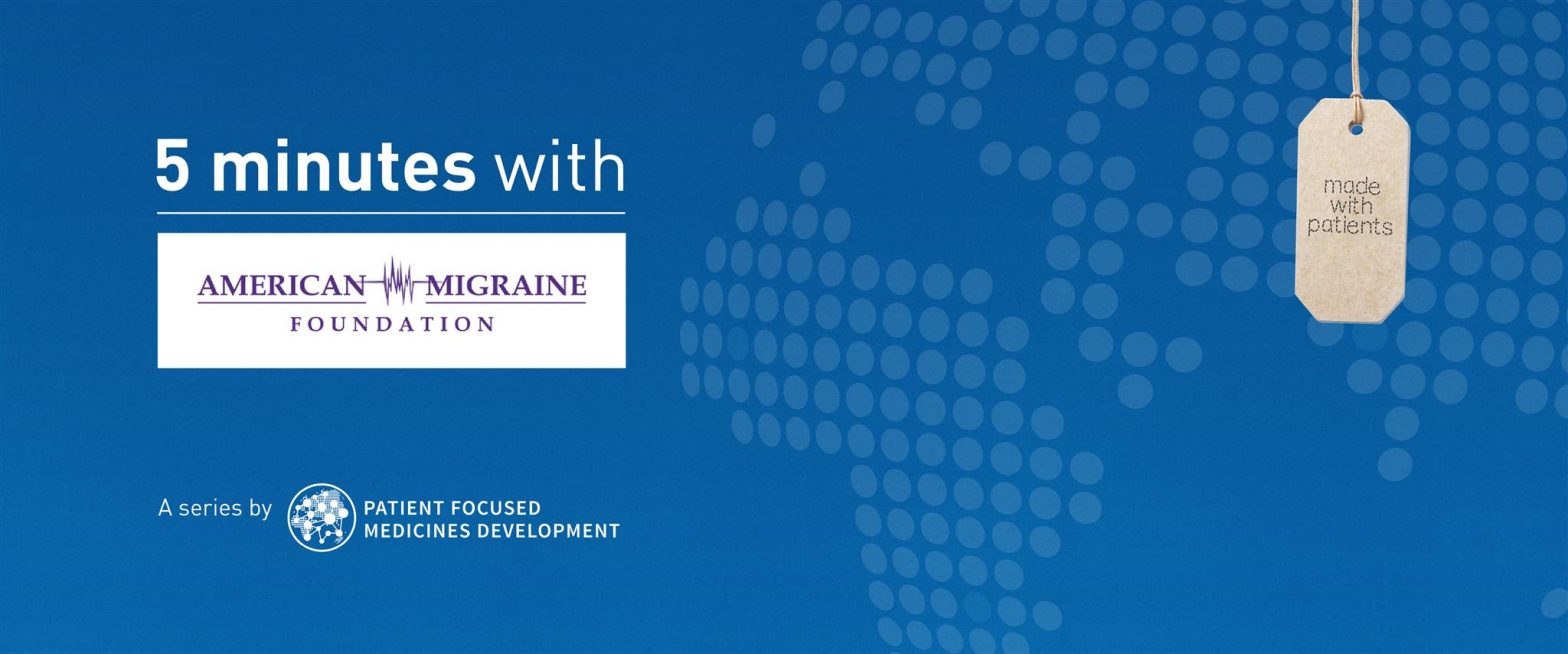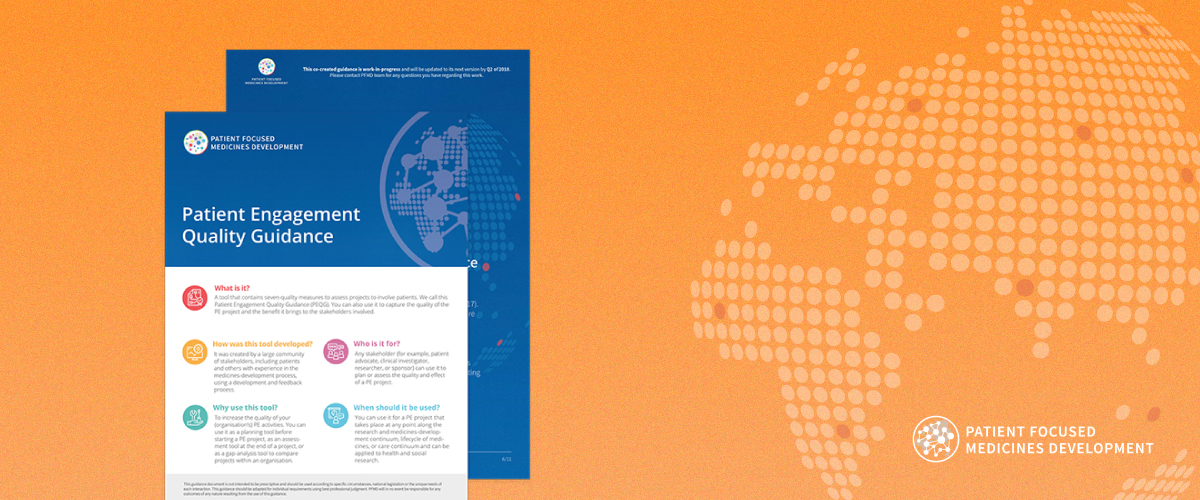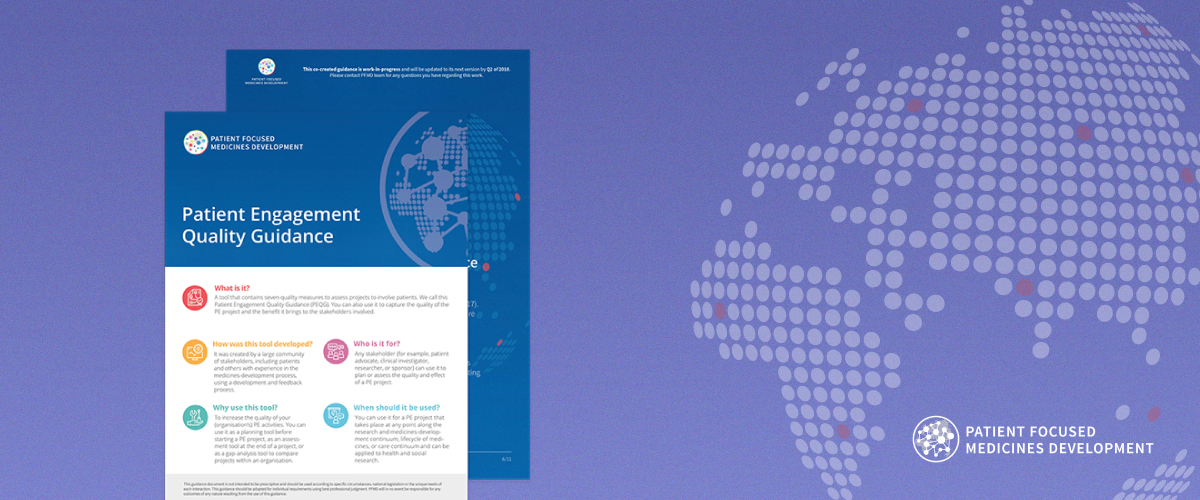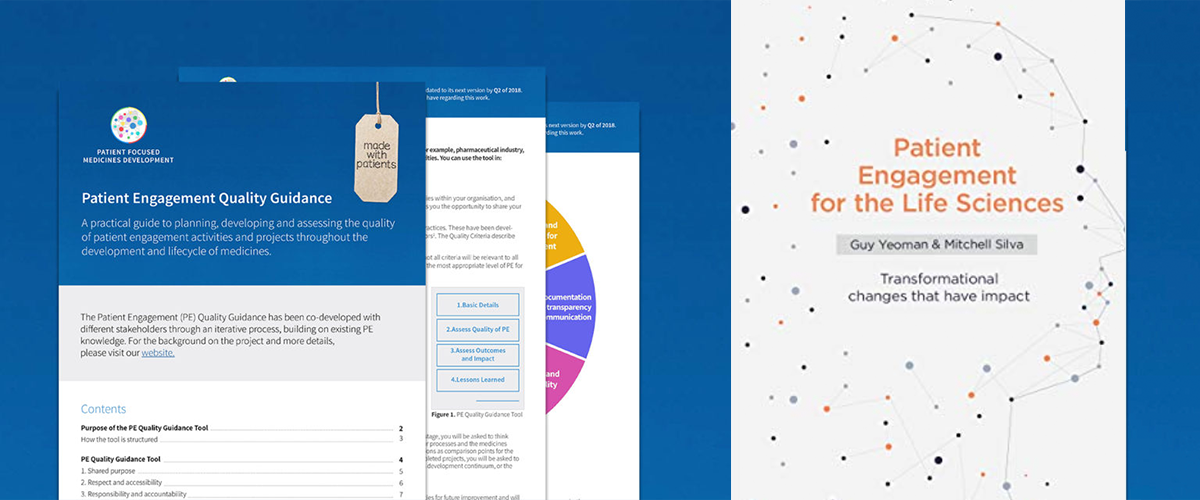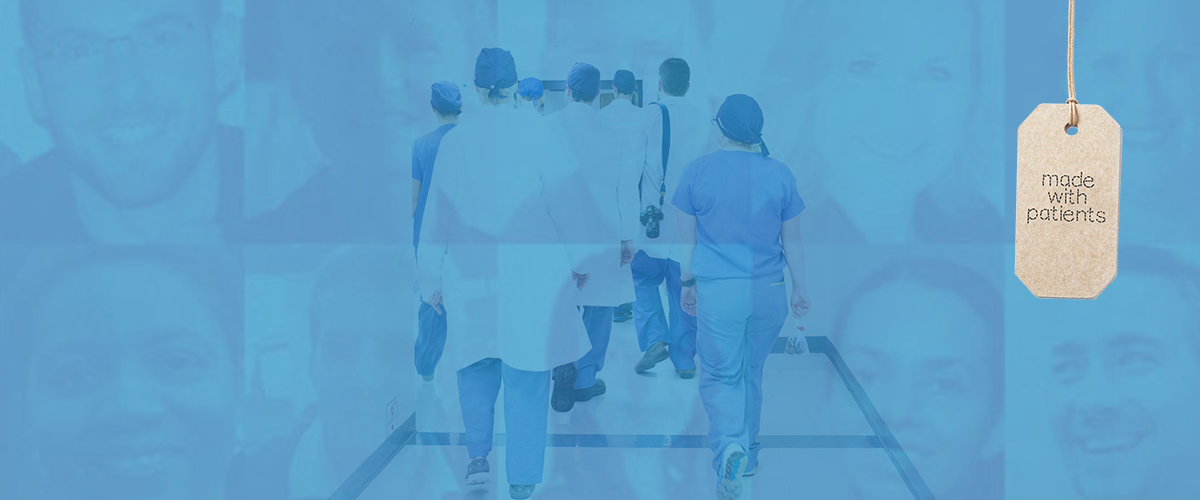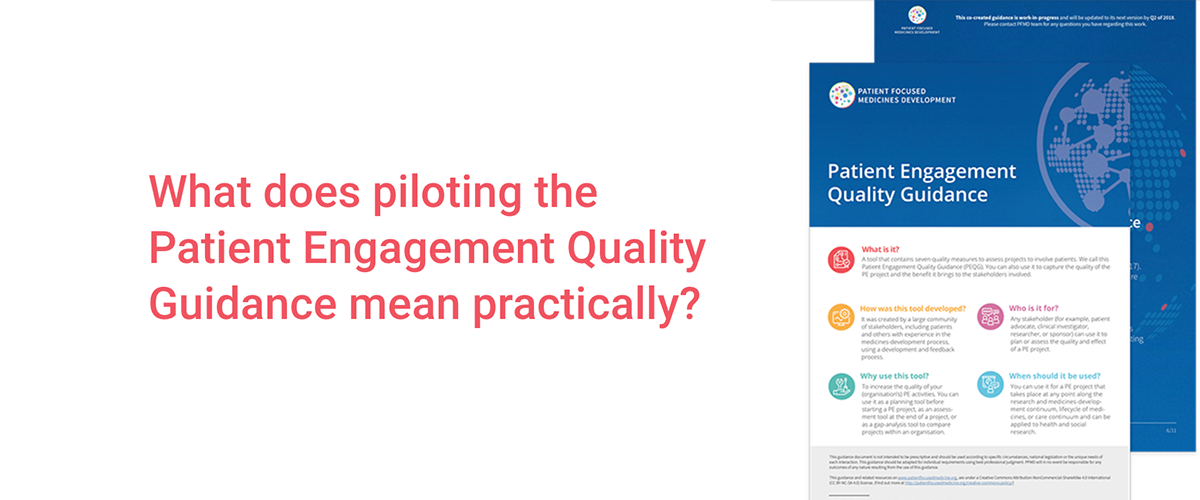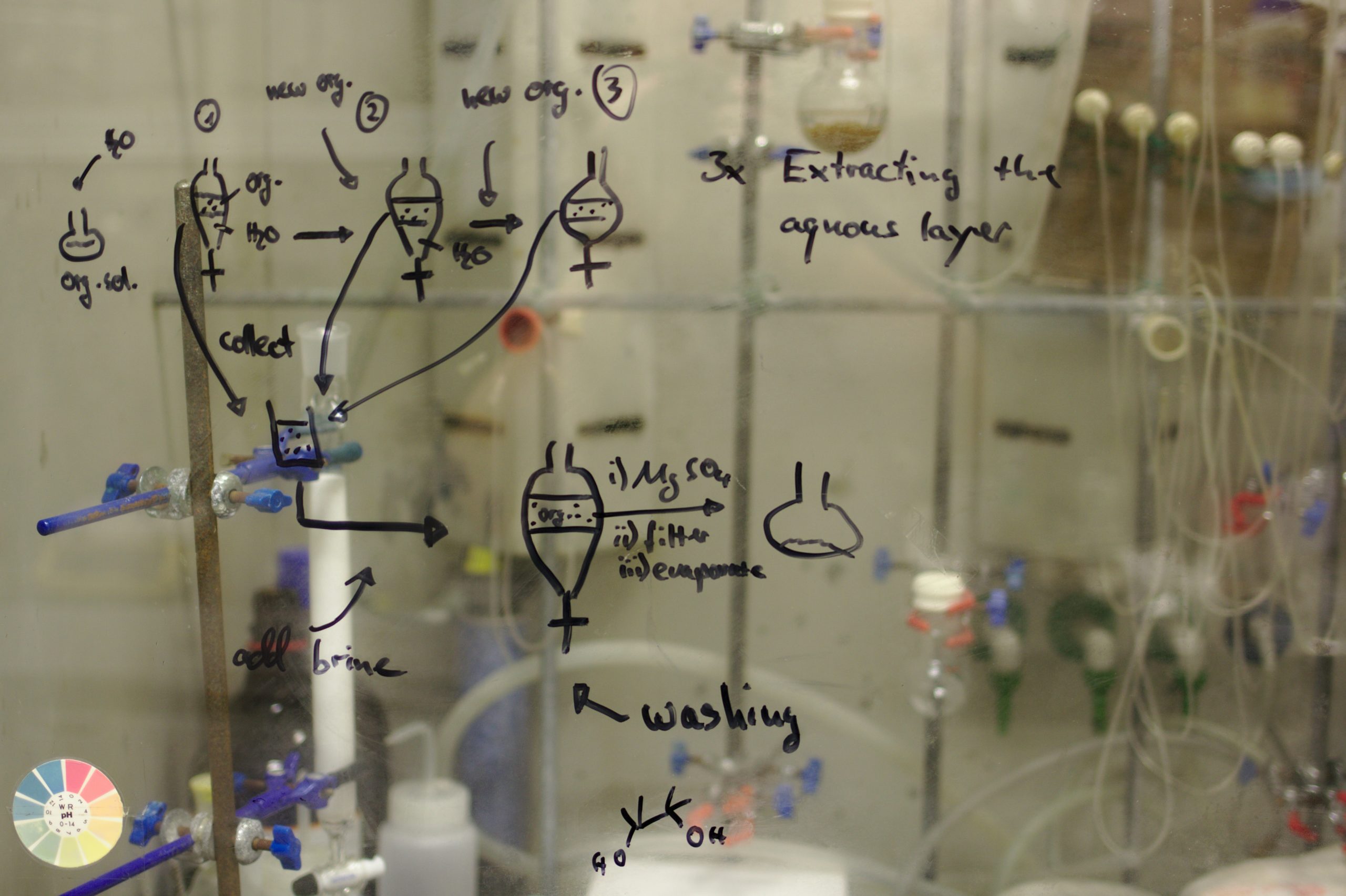The newly unveiled European Health Initiative ‒ the world’s largest Public Private Partnership in the life sciences with a €2.4 billion budget ‒ aims to include patients at every stage of its research projects. Applications for its new Science & Innovation Panel are now open to patients, and a revamped ‘Patient Pool’ will be launched later this year
The European Commission and Europe’s biggest healthcare industry groups have joined forces to launch a major new public-private partnership. The Innovative Healthcare Initiative (IHI) builds on the work of the Innovative Medicines Initiative (IMI) which, for more than 10 years, paired academic experts with industry researchers to tackle the biggest problems in healthcare.
However, while the pharmaceutical industry was the main private sector partner in the IMI, the IHI is a broader coalition and also takes in companies working on healthcare technology, vaccines, medical imaging and biotech. The new initiative is funded through €1.2 billion in EU grants, €1 billion from industry partners, and €200 million from other contributors, and will tackle issues ranging from big data and antimicrobial resistance to paediatric clinical trials and the use of medication during pregnancy.
Speaking at the launch, IHI Executive Director Pierre Meulien promised to make patient engagement central to research priority setting and across all projects funded by IHI. He said IMI had already laid the groundwork by funding several initiatives focused on patient engagement, including the EUPATI patient academy. ‘We will build on that amazing journey to ensure IHI is at the cutting edge of patient involvement,’ he said. ‘A new Patient Engagement Strategy will be developed this year. And we will continue to involve patients at every step of the project lifecycle, finding new ways to bring in patients when ideas are being generated.’
How will patients shape the agenda?
The IHI has been the subject of intense negotiations over the past two years. The role of patient engagement, and of including patients in the management of IHI itself, has been a key topic for patient representatives. The initiative’s Strategic Research and Innovation Agenda (SRIA) sets out five key goals, including a commitment to focus on addressing the needs of people who use new health technologies, ‘such as patients and healthcare professionals’. The SRIA also focuses on developing ways of assessing the value of innovative solutions to patients, carers and others. However, earlier suggestions that there would be a specific pillar on ‘Citizen and Patient Empowerment’ appear to have been dropped.
Dr Meulein said IHI needs to mobilise patients, carers and citizens to ensure technologies meet their needs. ‘The role of the patient and the citizen in setting the agenda is crucial to getting populations on board when making difficult decisions,’ he said, adding that this is essential when it comes to judgements about the value of innovations.
A new Science & Innovation Panel (SIP) is now open for applications and is expected to include scientists, regulatory experts, health economists and patients. It will advise the Governing Board of the IHI on the research themes that should be funded.
Hugh Laverty, Head of Scientific Operations at IHI, said the goal would be to turn health research and innovation into ‘real benefits for patients and society’. He said the SIP would benefit from the input of stakeholders, including patients, who have experience and knowledge representing key interest groups. Applicants should have the backing of at least one established organisation or network, as well as a good understanding of the EU, industry and scientific environment.
In addition, he said the Patient Pool, established two years ago under IMI, would be reopened to applications later this year. This will provide the IHI with a group of patients, carers and family members to which it can turn when input is needed from patient representatives.
Responding to the needs of patients and health systems
Speaking at the IHI launch, Jean-Eric Paquet, Director-General, DG Research and Innovation, European Commission, said IHI must keep patient needs in mind at all times. ‘We must make choices that are fully informed by the needs of patients and healthcare professionals,’ he said. ‘They are the key players in prevention, diagnosis and treatment.’ Irene Norstedt, Director of the People Directorate at the European Commission’s Research & Innovation department, added that the goal must be to ‘balance innovation with demand from patients and health systems’.
This was echoed by Bernt Bieber, COCIR President & SVP Direct Sales Siemens Healthineers, who said it was essential that any new technologies developed through IHI are adopted by physicians into their normal workflow and incorporated by patients into their daily routines. ‘Innovation is of no value if it’s not deployed, hence engagement with healthcare professionals and patients is essential,’ he said.
Serge Bernasconi, CEO of MedTech Europe, said it was vital that the patient voice is heard so that nobody is left behind. ‘It’s great to be innovative but we must think about how technologies will transfer to patients and physicians,’ he said. ‘What does an 85-year-old want from digital health?’
Maria da Graça Carvalho, Member of the European Parliament, said IHI must reduce the time it takes to get innovations to patients. ‘As we look to the future of Europe, we need more partnership in two areas: science and health,’ she concluded.
As Europe embarks on its biggest ever public-private partnership, politicians, researchers and industry emphasised the central role patients could play in the future. However, there were no patients or patient representatives on the panel during the live launch event which lasted almost three hours and featured nine speakers.



